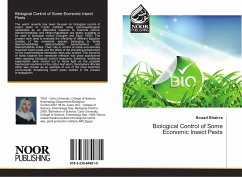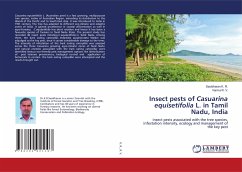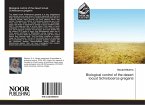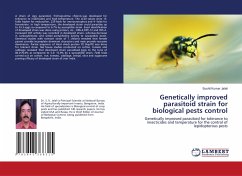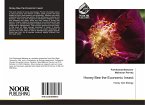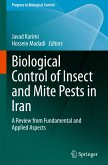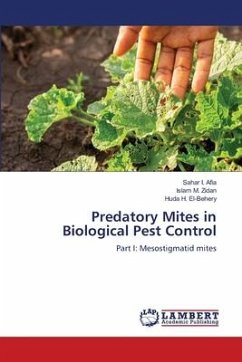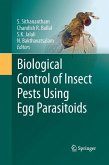The world recently, has been focused on biological control of insect pests in cryptic habitats using entomopathogenic nematodes as an alternative measure to chemical control. Steinernematidae and Heterorhabditidae are widely available to be used in biological control (Gaugler and Kaya, 1990). The present work aims to evaluate the infectivity of different Egyptian isolates of two nematode species belonging to family Heterorhabditidae, Heterorhabditis bacteriophora and Heterorhabditis indica. Their role in control of some economically important insect pests and the effect of the prevailing temperature on the host/nematode interaction were also studied. The immunity of hosts towards the nematode infection has great significance when applying biological control measures; therefore, additional experiments were carried out to throw light on the possible haemocytic reactions of the cotton leaf worm, Spodoptera littoralis which was chosen as an example of one of the most important economically threatening insect pests studied in the present investigations.
Bitte wählen Sie Ihr Anliegen aus.
Rechnungen
Retourenschein anfordern
Bestellstatus
Storno

